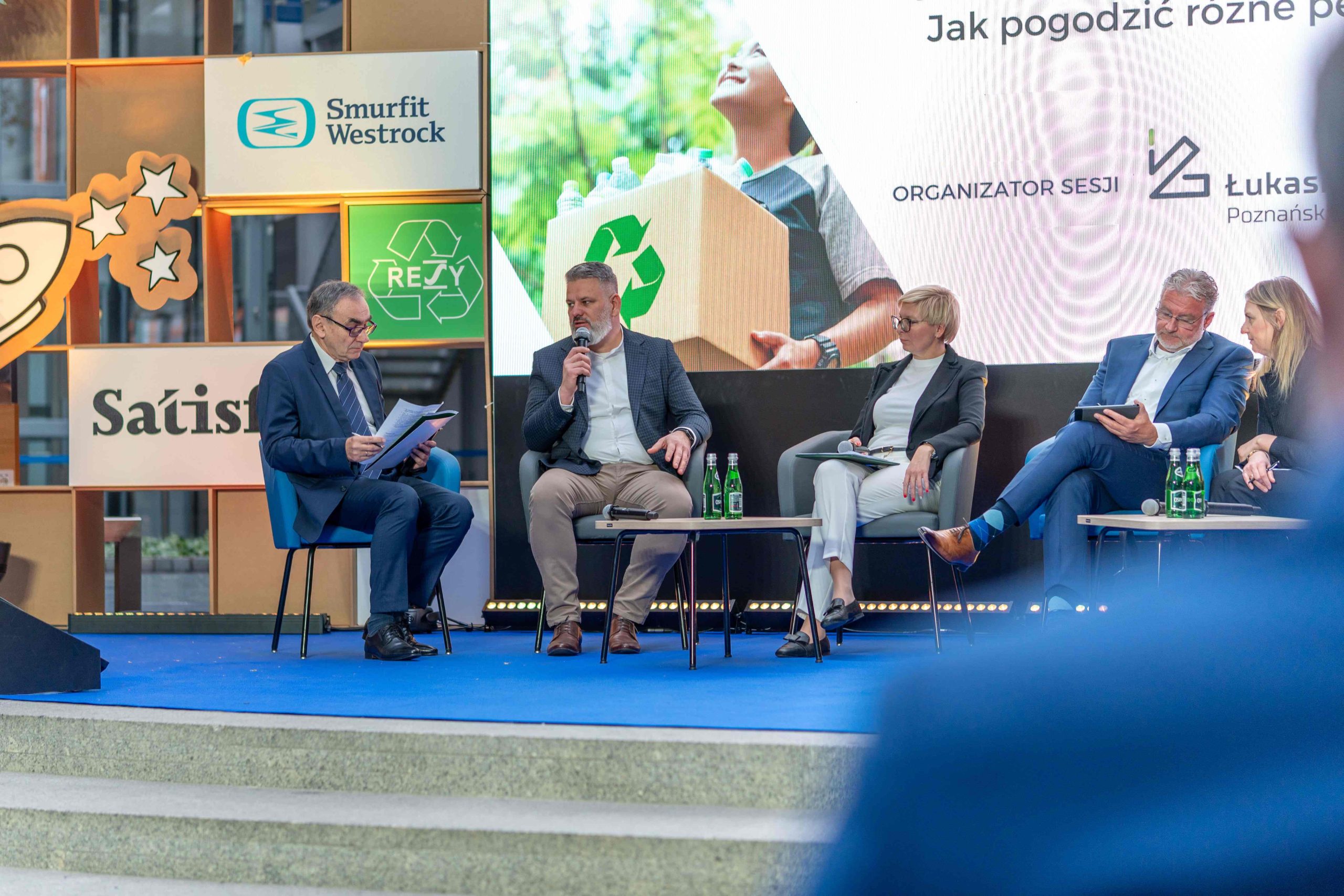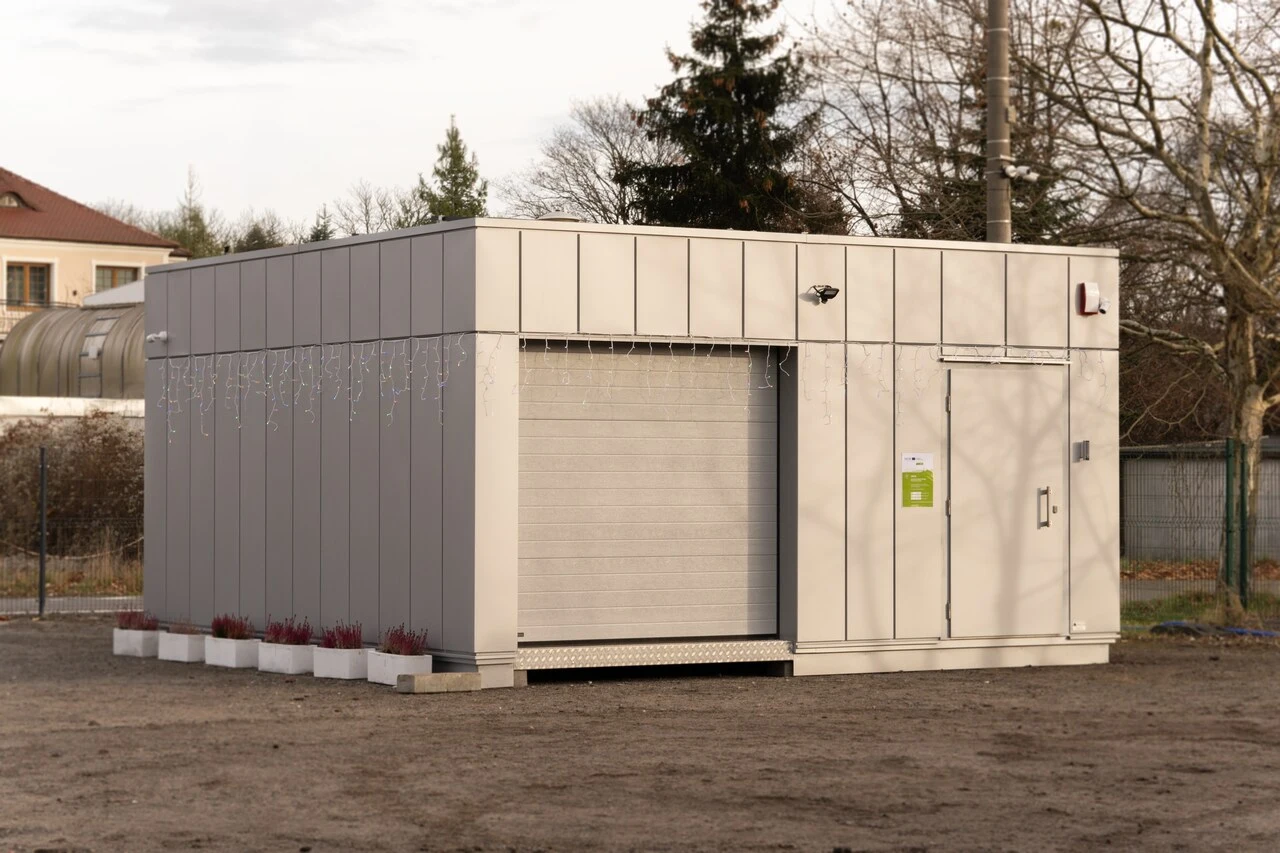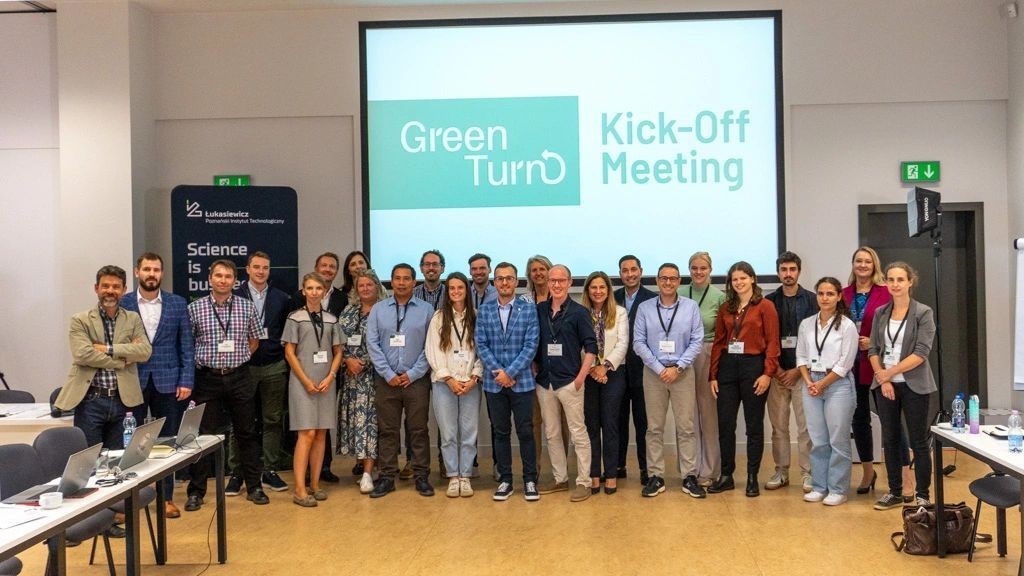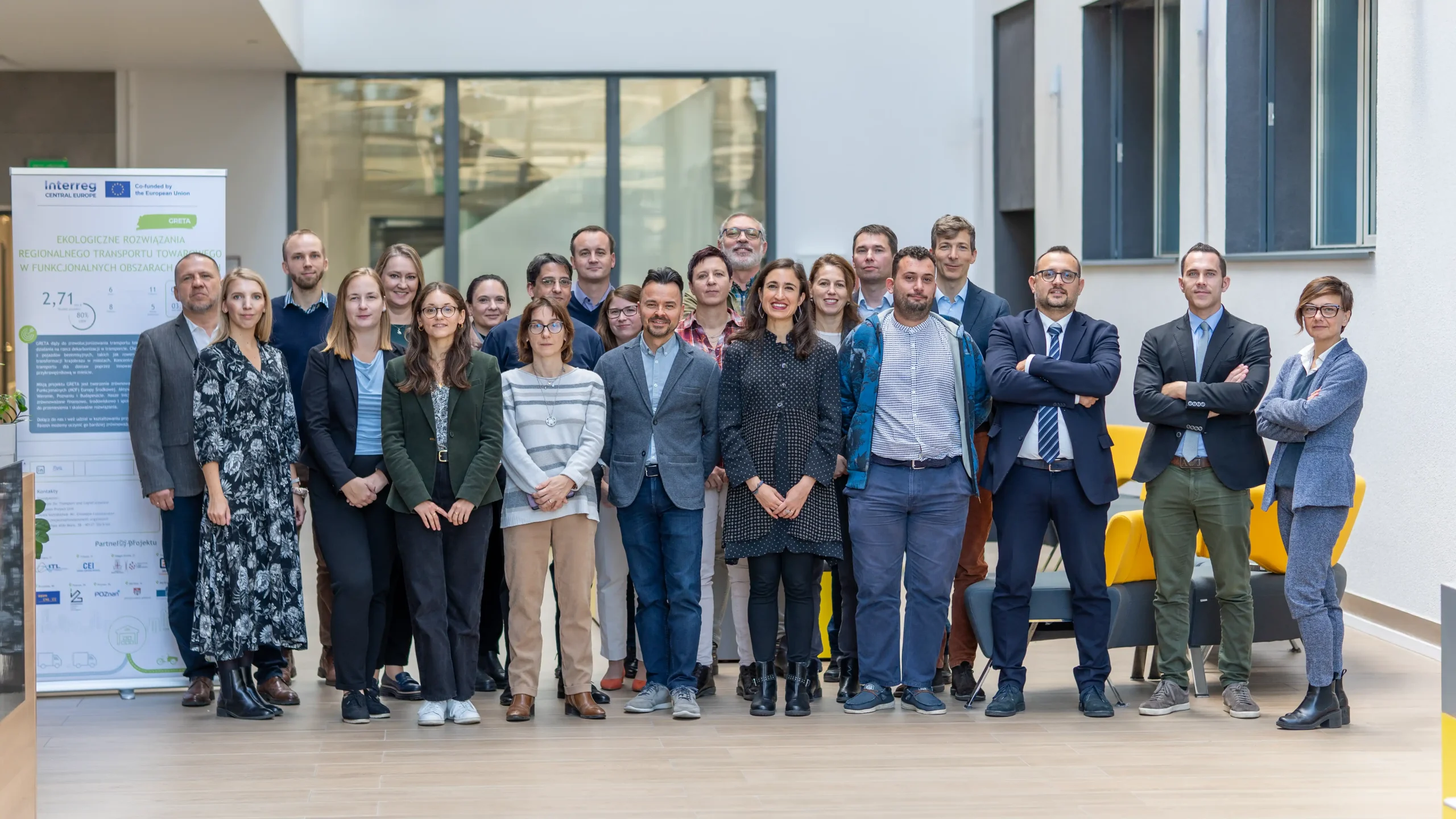The deposit-refund system: what lies ahead and how can we learn from the experience of other countries?

We need to understand that there is no turning back from the deposit-refund system,’ said Tomasz Markowski from Łukasiewicz – PIT during the panel discussion ’The deposit-refund system: challenges for the industry and local governments. How to reconcile different perspectives?’. As Robert Jansen of Deutsches Pfandsystem GmbH added, everyone should commit to moving in one direction and that this is the only option.
The Żabka chain has been actively involving customers of its shops in the collection of reusable or recyclable packaging for several years, testing various forms of return. In addition to introducing EKOmats, i.e. machines for selective collection, it is also testing how to encourage customers to return packaging and what forms of communication with them are most effective. The reward for the customer in this case is points in a loyalty app, and commitment to collection increases with the number of points awarded. Tests are being conducted, among others, in Bydgoszcz and Zielona Góra.
– In order to take the packaging back to the shop, the consumer needs an efficient system. It has to be widely available,’ argued Joanna Kasowska, Quality Standards & Climate Protection Director at the Żabka Group. – It is very important that collection points are located and function smoothly, so that it is easy to deliver used bottles to them and, of course, return them, she added.
Tomasz Markowski, director of the Centre for Digital Transformation at Łukasiewicz – Poznan Institute of Technology, agreed. His team has created a recycling machine that – in addition to printing receipts or handling cards – also returns money to your account without the need to carry a payment card or phone – all you need to do is encode your account number in three words into the app beforehand: The level of refunds is determined by two main factors, the amount of the deposit and convenience. While the former is out of our control, the latter is. We have created a solution that goes towards the convenience of returns and allows packaging to be collected where it arises. We have also ensured that transactions are secure,’ he said.
In Germany, the deposit-refund system has been in operation since 1 May 2006, with Deutsches Pfandsystem GmbH as the sole operator.
– ‘We had no regulations, no standards, no specifications,’ recalled Robert Jansen, General Manager at Deutsches Pfandsystem GmbH. – The government simply announced to the entrepreneurs that it was introducing a deposit system, otherwise it would ban the sale of disposable bottles, and that the deposit would be 25 euro cents. We had to work out such a system ourselves.
It took a year and a half, but today the recovery rate is 98 per cent. It took several years to educate and convince consumers.
– In 2006, we focused on TV commercials, where we wanted to explain the entire bottle cycle – from purchase to recycling – in simple terms. We put pictorial instructions on the recyclers on how to use them. For us, the most important thing was to get people to accept the deposit system,’ adds Robert Jansen.
The issue of education was also highlighted by other panellists.
– We already have several operators of the deposit system, and there will be more to come. On top of that, we have several large retail chains that will be obliged to collect packaging under the system. It is important that their communication, the communication of the operators, is uniform,’ explained Joanna Kasowska of the Żabka Group.
Education and communication are all the more important as the introduction of the deposit-refund system will increase the price of drinks. Not only will the deposit be added to them, but also the fee that producers will have to pay to the system operator.
– The deposit-refund system will also affect the cost of waste collection, as the amount of plastic and glass waste will decrease, and companies will have to compensate for this, noted Tomasz Markowski.
Joanna Kasowska also pointed out that the success of the deposit scheme will largely depend on three factors. These are: the commitment of shops and their staff, the involvement of consumers and efficient operators. All participants in the deposit-refund system must also operate under a clear and permanent law. – In smaller shops, some collections will be done manually. Their owners need to know that it will be worth it to them, that the scheme operator will pay them the right amount, she added.
Small shops may also have a problem storing large amounts of returned packaging, so efficient return logistics will be important.
The panel took place during the TAROPAK International Fair for Packaging and Labelling Technology and was organised by Łukasiewicz – Poznań Institute of Technology. The discussion was moderated by Prof. Ryszard Cierpiszewski, Head of the Department of Industrial Product Quality and Packaging at Poznań University of Economics.




